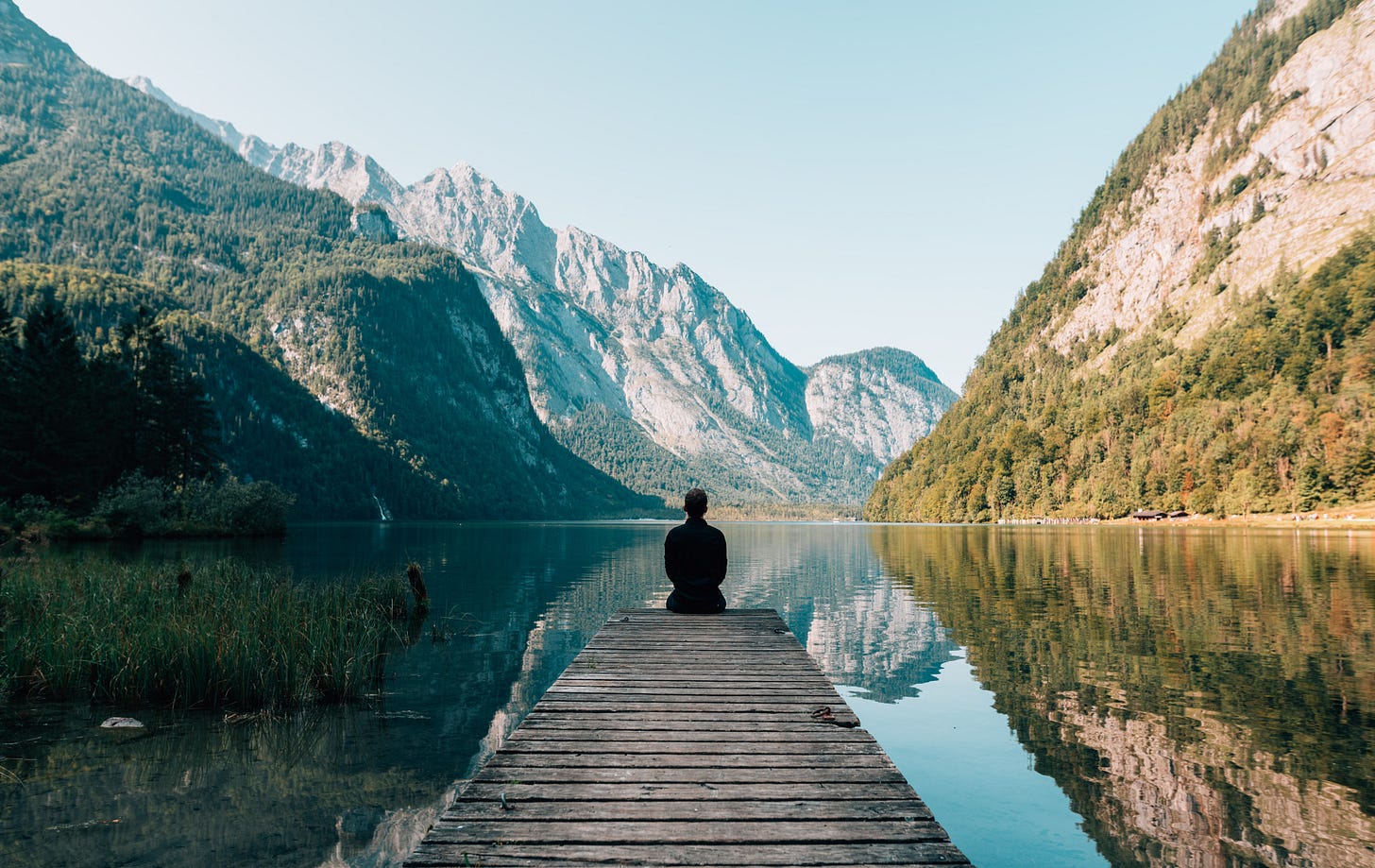This week’s Modem Weekly feature is on Sharon Kim, who works on the product and content team for a mental health startup called Cherish. She is currently in New York City but will be relocating to San Francisco soon. Along with working at a startup, she is a mental health therapist. With her background in health and tech, she hopes to combine the two to help bridge the care gap in mental health. When she’s not working, you can catch her on a run, exploring the music scene, binging a podcast, or enjoying a good book.
Growing up Asian American is both unique and challenging. Tell us about how community, heritage, and culture shaped your perspective
I grew up in the South where there were few Asians in my area. I didn’t have the opportunity to connect with them as we were all in different friend groups at school and rarely in the same class. I had an unconventional childhood where I grew up surrounded by sports as my parents loved playing tennis, so I spent most of my time focused on school and tennis. I didn’t know what being Korean meant besides going to a Korean church once a week and attending Korean Saturday School (which I convinced my parents to stop taking me by 4th grade). College was where I began meeting more Asians, and my group of friends shifted to mostly Koreans. My college experience allowed me to embrace being Korean as I met others who shared a similar narrative like me and became more exposed to the culture. Ultimately, it shaped me to become more curious about my Korean heritage exploring the history, language, and culture and finding solace in that community.
What is something you have been doing recently to practice wellness during the pandemic?
A recent quarantine wellness practice I’ve started is listening to podcasts. Like music, I can listen to podcasts for hours as it never fails to distract me from my inner thoughts or spark my curiosity. Podcasts are therapeutic for me as I can listen to people’s stories and empathize with their situations. My morning ritual consists of listening to a podcast. It has become my “coffee” and the way to kickstart my day.
As I was looking for new hobbies at the start of the pandemic, my friend began sending me recommendations from her playlists. She introduced me to podcasts like “Design Matters with Debbie Millman” or “This is important to me” by one of our favorite comedians Sam Morril and the rest is history.
What is your advice for striking a work-life balance for students and those early in career?
Time block. Time block. Time block. I recently learned from my mentor about the importance of time blocking my calendar. It’s the easiest way to see what your schedule looks like throughout the week, how you are spending your time, and seeing whether or not you are taking time for yourself. For instance, my google calendar would have different color blocks such as red blocks to indicate work, yellow for meetings, or blue for self-care (e.g., lunch with a friend). When I look at my calendar, I can assess if I’m setting myself up for a realistic workweek or reach burnout by Friday. Time blocking my schedule allows me to modify accordingly and make a conscious effort for a work-life balance.
What got you interested in mental health?
As an Asian American working in the mental health space, this topic continues to be a pain point in our community. The stigma is still alive and a barrier to get the care we need or even know where to look for resources. One of the main reasons I pursued a career in mental health was seeing the stress of Asians around academics, high expectations in succeeding, and the sense of self. I want to bring more awareness of mental health to the Asian American community to normalize the conversation and promote the importance of healthy well-being.
Connect with Sharon on LinkedIn.
Weekly Recommendation
This week, our recommendation is, like Sharon said, to schedule that time block and get some rest! But what does this actually mean? According to Dr. Saundra Dalton-Smith, there are 7 types of rest that every person needs.
Types of Rest You Need
Physical Rest: Sleeping, yoga, stretching
Mental Rest: Mental breaks throughout the day where instead of work, you’re either not doing anything or doing something relaxing or fun!
Sensory Rest: Most of you are staring at a computer screen all day, so close your eyes now and then to rest your eyes, or unplug at the end of the day!
Creative Rest: Allow yourself to enjoy the beauty of things — from going outside, to looking at cute photos of animals, to watching food videos. Turn your workspace into a place where you’re inspired and surrounded by images, places, or words of things you love!
Emotional Rest: Give yourself the time and space to freely express your feelings and cut back on people pleasing. Give yourself the space to be authentic with yourself and how you feel.
Social Rest: Choose to surround yourself with supportive and positive people.
Spiritual Rest: Connect beyond the physical and mental and feel a deep sense of belonging, love, acceptance, and purpose.
That’s all for now!
Interested in being featured on Modem Weekly? Reach out to us at hello@modemweekly.co!
Be sure to follow us on Instagram @modemweekly!






